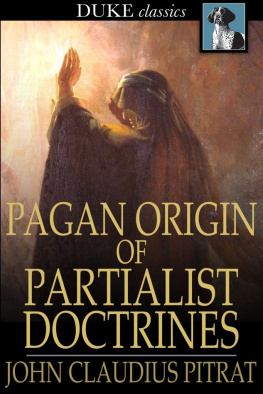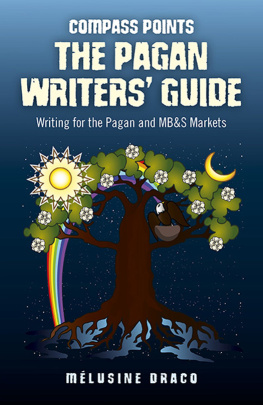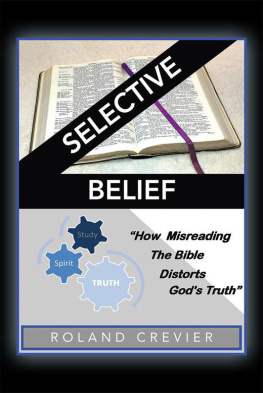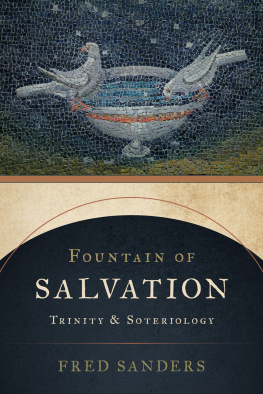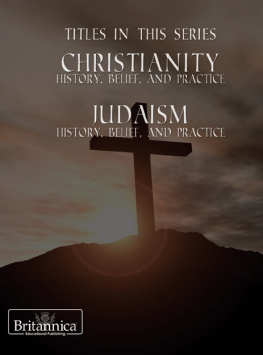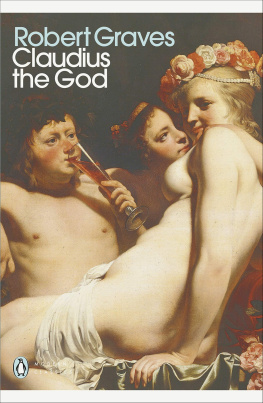PAGAN ORIGIN OF PARTIALIST DOCTRINES
* * *
JOHN CLAUDIUS PITRAT
*
Pagan Origin of Partialist Doctrines
First published in 1857
ISBN 978-1-62013-863-2
Duke Classics
2014 Duke Classics and its licensors. All rights reserved.
While every effort has been used to ensure the accuracy and reliability of the information contained in this edition, Duke Classics does not assume liability or responsibility for any errors or omissions in this book. Duke Classics does not accept responsibility for loss suffered as a result of reliance upon the accuracy or currency of information contained in this book.
Contents
*
*
TO BROTHER JOHN A. GURLEY.
Dear Friend Gurley,To you, who have fed me when I was starving,sheltered me when I was a homeless exile, and befriended me when I wasforlorn, and my life was sought by my persecutors, this volume Iinscribe, as a feeble token of my lasting gratitude and friendship.
J. C. PITRAT.
Preface
*
Two arguments can be brought forth to prove that the Partialistdoctrines are not taught in the Scriptures: the one is drawn from theScriptures themselves, and the other is drawn from history.
The first argument, drawn from the Scriptures, is this:
The Partialist doctrines are not taught in the Scriptures, if it can beproved by the Scriptures themselves that the Partialist doctrines arenot contained therein. But it can be proved by the Scriptures themselvesthat the Partialist doctrines are not contained therein. Then thePartialist doctrines are not taught in the Scriptures.
The second argument, drawn from history, is this:
The Partialist doctrines are not taught in the Scriptures, if it can beproved by history, that the origin of the Partialist doctrines is Pagan.But it can be proved by history that the origin of the Partialistdoctrines is Pagan. Then the Partialist doctrines are not taught in theScriptures.
These two arguments, as he who reflects can easily perceive, not onlycorroborate each other, but their respective proving force is such,that, if considered separately, each one is sufficient to peremptorilyprove that the Partialist doctrines are not taught in the Scriptures.The former, till now, we Universalists have exclusively used, and ithas been efficacious in causing the scales of early and strongprejudices to fall from the eyes of thousands. However, it isunfortunately a fact, confirmed by daily experience, that theconclusions arrived at through scriptural controversies are strikingonly to minds of a particular bent and culture. On the contrary, theconclusions arrived at through historical facts present themselves tothe mind of all, clear, vivid and irresistible. It is for this reasonthat the author, in this book, presents to the consideration of theUniversalist denomination, and of the public in general, the secondargument, drawn from history. The vast number of historical facts, ofquotations, extracts, etc., contained in this volume, have beentranslated from many languages, with as much accuracy as possible.
May God bless this work, intended to confirm the Universalists in theirbeloved faith; and also to break the chain of prejudice which keepsmillions of men in ignorance, in superstition, in perpetual fear, andthereby in spiritual bondage: "Ye shall know the truth, and the truthshall make you free."
THE AUTHOR.
Chapter I - True Spirit of Pagan Religions
*
IT seems to be an undeniable fact, that, before the coming of JesusChrist, nations had immemorially and universally believed, that theuniverse, or nature, was an uncreated but animated being, whose vastbody comprised the earth, the sun, the planets and the stars, to whichone great soul impressed motion and life. Also they believed that allthose principal parts, or, in other words, principal members of the bodyof the universe, were animated by emanations or irradiations of thegreat soul of the universe, or nature. This Pantheistic doctrine we findrecorded by the Chaldean Zoroaster, in his Zend-Avesta; by thePhoenician Sanchoniaton in his Mythological History; by the author ofthe Indian Vedam; and by the Chinese Confucius, in his Theology. Weightyis the testimony of those authors, who lived, Confucius perhapsexcepted, at about the time of Moses. Also, the above doctrine theythemselves believed and taught. More, we find the same testimony, thesame doctrine, and the same teaching, in nearly all the works of thecelebrated poets, orators and philosophers of posterior ages.
Pliny, the historian and naturalist, writes: "The world, or what we callthe heaven, which, in its vast embrace, encircles all beings, is a Godeternal, immense, uncreated and immortal. To seek any thing beyond it isbeyond man's reach, and is vain labor. Behold, the universe is the Beingtruly sacred, the Being eternal, immense, comprising all in himself: heis all in all, or rather he is himself all. He is the work of nature,and nature itself."
We read in the sixth book of Eneida, by Virgil: "Know, O my son! thatthe heavens and the earth, the deep, the bright globe of the moon, andall stars are moved by a principle of inly life, which perpetuates itsexistence; that it is a great intelligent soul, extending to all theparts of the vast body of the universe; and which, connected with all,impresses to all an eternal movement. This soul is the source of thelife of man, of that of flocks, birds, and of all the monsters of thedeep. The bright force that animates them emanates from that eternalfire that shines in the sky, and which, a captive in the gross matter ofbodies, develops itself only as permitted by the divers mortalorganizations that blunt its force and activity. At the death of eachanimal those germs of particular life return to their source, and to theprinciple of life that circulates in the starry sphere."
This belief led men to the worship of the universe, or nature, andbecame the basis of their mythology. They adored the vast body ofnature, and its great soul, under the name of Supreme Being, of Jupiter,of Vichnou, of Pan, etc. They adored the earth, the sun, the planets andthe stars under other names. They erected temples, altars, statues andchapels to those deities, and worshiped themnot the wood, stone, ormarble, as they are unjustly accused of, but the emanations of the greatsoul of the universe, which animated all those principal members of thevast body of nature, whose might and influence impressed them withwonder, terror or gratitude, and thus attracted their adoration.
The Chinese adored the heavens under the name of great Tien. The SupremeBeing in the Chou-King is designated by the name of Tien, which meansfrom heaven, and of Chang-Tien, supreme heaven. They had reared templesto the sun, to the moon, and to the stars; and also one to the greatbeing formed of the sky, of the earth and of the elements,being whichis the universe named by them Tay-ki. They worshiped the heavens at thetime of the two solstices. The Japanese adored the stars and planetswhich they supposed to be animated by geniuses or gods. They had atemple dedicated to the splendor of the sun. They celebrated the feastof the moon on the 7th of September, and spent the whole night inrejoicing by her light. The Chinese and the Japanese practice the sameworship even in our days.
The Egyptians adored the sun under the name of Osiris, and the moonunder the name of Iris. To them both they ascribed the government of theworld. They built, to honor Osiris, the City of the Sun, or Heliopolis,and also a splendid temple in which they placed his statue. Theyworshiped all the stars and planets which compose the Zodiac. Theanimals consecrated in the Egyptian temples, and religiously revered,represented the various functions of the supreme cause; and theyreferred to the sky, to the sun, to the moon, and to the constellations.

